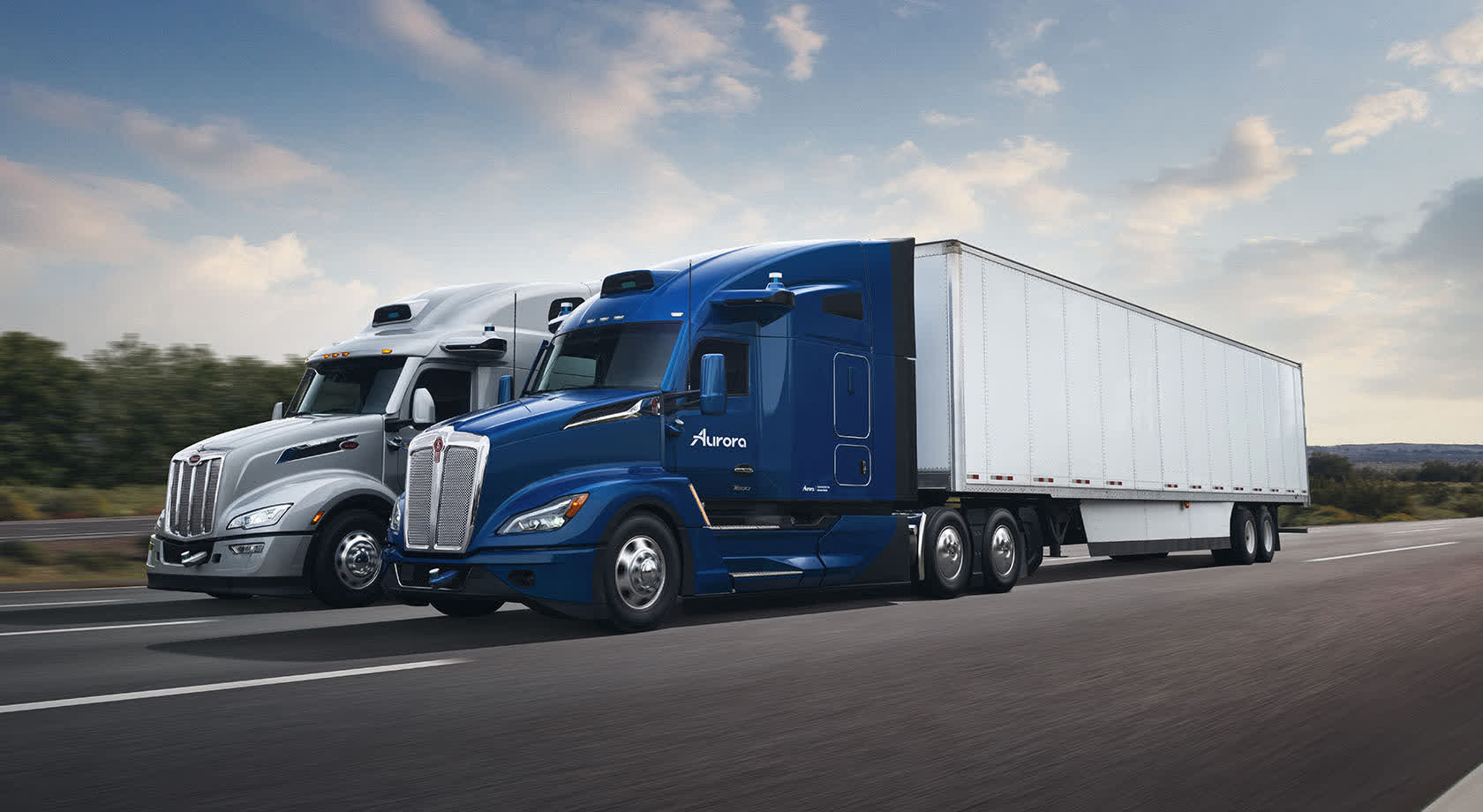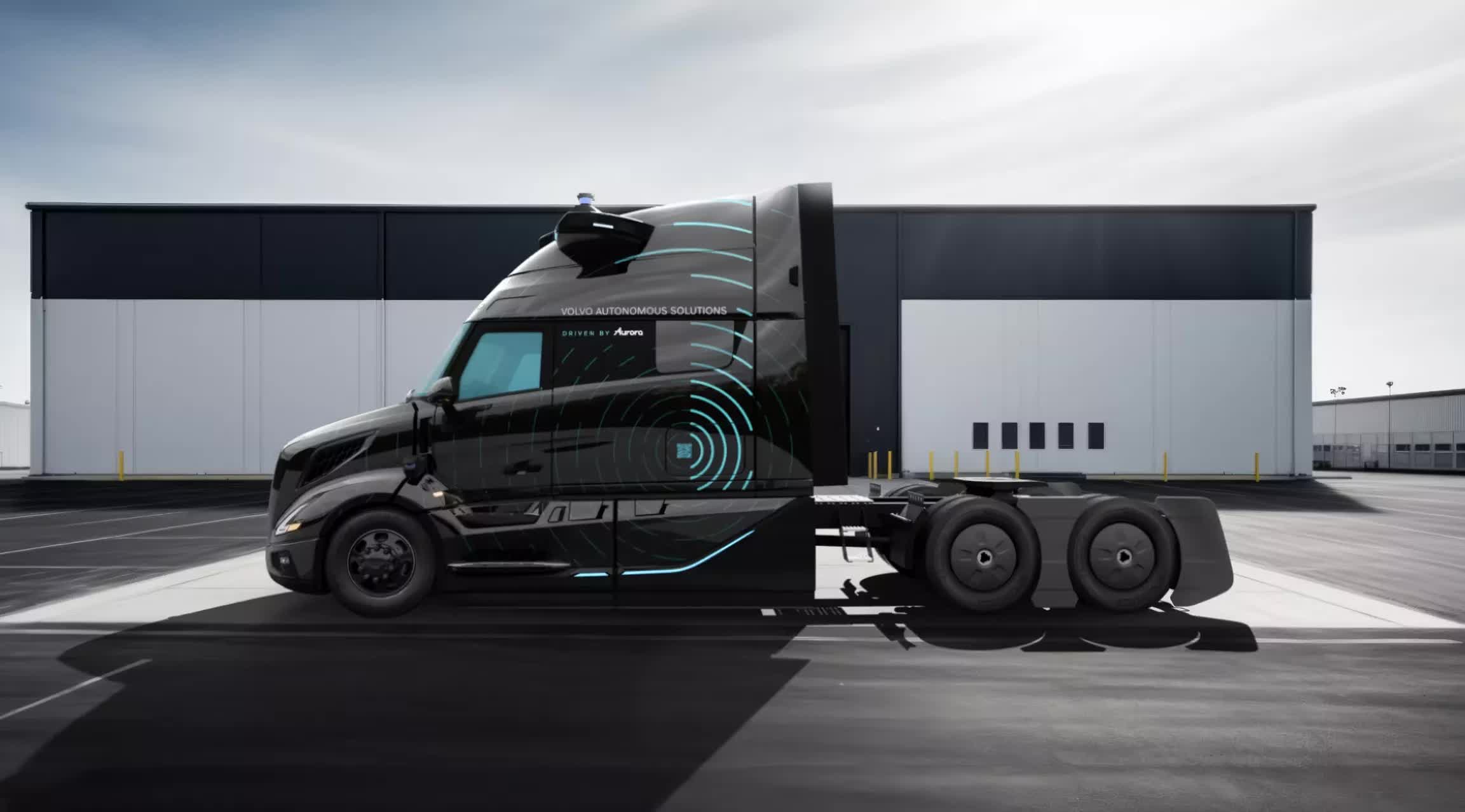What just happened? Drivers cruising along I-45 between Dallas and Houston may soon spot semi-trucks with no one behind the wheel. Pittsburgh-based autonomous vehicle company Aurora Innovation is launching fully driverless operations along this busy 200-mile stretch.
According to Axios, the company plans to start with a single autonomous truck and gradually expand its operations. The rollout marks one of the first real-world deployments of driverless freight trucks on public roads – something long promised but rarely delivered at scale.
Texas has emerged as the unofficial proving ground for this technology, thanks to its extensive freight corridors, business-friendly regulations, and generally predictable weather. Several companies aim to launch fully autonomous trucks in the state by 2026, but Aurora is gaining an early lead. Kodiak Robotics, another key player in the space, has already logged over 750 driverless hours – although only on private tracks in West Texas so far.
The push for driverless trucking comes as the industry faces mounting challenges. High driver turnover, rising operational costs, and a growing labor shortage are straining the supply chain. In this context, autonomous trucks are increasingly viewed as a critical solution to maintain the flow of goods efficiently.

Advocates say these trucks offer a clear financial advantage. Without drivers, trucks can operate around the clock and potentially reduce operating costs per mile by as much as 42 percent, even after accounting for the cost of the technology and remote monitoring centers, according to a McKinsey analysis.
Still, concerns are mounting among traditional drivers. Groups representing owner-operators argue that allowing unmanned vehicles on highways without federal safety regulations is risky. They also worry that experienced human drivers face stricter regulations than these new autonomous rigs, fueling concerns about fairness and safety on the roads.
Despite the pushback, momentum behind the technology continues to grow. McKinsey estimates that by 2035, about 13 percent of heavy-duty trucks on US roads could be fully autonomous.
Aurora isn't alone in advancing self-driving trucks. It's joined by industry heavyweights like Volvo and Daimler. Volvo's VNL Autonomous, which integrates Aurora's technology, is already slated for production in Virginia. Meanwhile, Daimler, through its subsidiary Torc Robotics, is testing Level 4 autonomous Freightliner Cascadia trucks in Texas, with a goal of commercial deployment by 2027.
